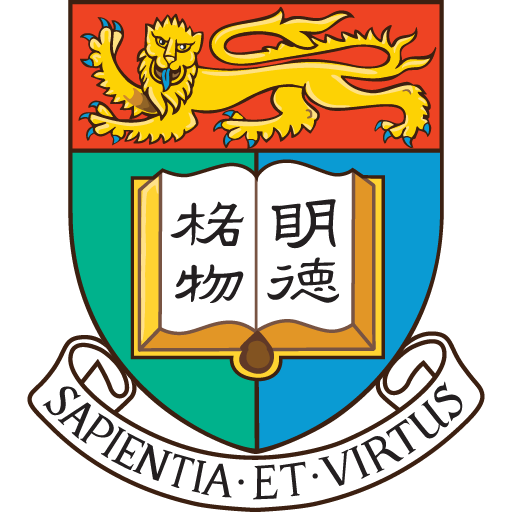Use Case
AI-giarism in Education: Rethinking Assessment in the Age of Generative AI
As generative AI tools become increasingly accessible to students, the speaker emphasizes the importance of teachers and the university community collaboratively defining the “ethical grey line” to balance innovation with integrity. Key questions include whether ethics should be based on “equal rules or contextual roles.” Teachers face new ethical challenges in designing meaningful assessments, ensuring originality, and maintaining academic honesty. The integration of GenAI complicates assessment and learning practices and create challenges for both educators and students. For example, should the transparency and morality of AI use by students and teachers be treated similarly? Could unethical AI use lead to “AI Guilt” or “AI-giarism,” a new form of academic dishonesty involving AI-generated plagiarism?
Use Case
AI-giarism in Education: Rethinking Assessment in the Age of Generative AI
About
As generative AI tools become increasingly accessible to students, the speaker emphasizes the importance of teachers and the university community collaboratively defining the “ethical grey line” to balance innovation with integrity. Key questions include whether ethics should be based on “equal rules or contextual roles.” Teachers face new ethical challenges in designing meaningful assessments, ensuring originality, and maintaining academic honesty. The integration of GenAI complicates assessment and learning practices and create challenges for both educators and students. For example, should the transparency and morality of AI use by students and teachers be treated similarly? Could unethical AI use lead to “AI Guilt” or “AI-giarism,” a new form of academic dishonesty involving AI-generated plagiarism?
Presentation Slides
Reference
Connect to the Contributor
Prof. Cecilia K. Y. Chan
Professor
Faculty of Education and TALIC
Faculty / Unit
TALIC
Professional Development Event
AI Ethics in Teaching and Learning Symposium
April 29, 2025


